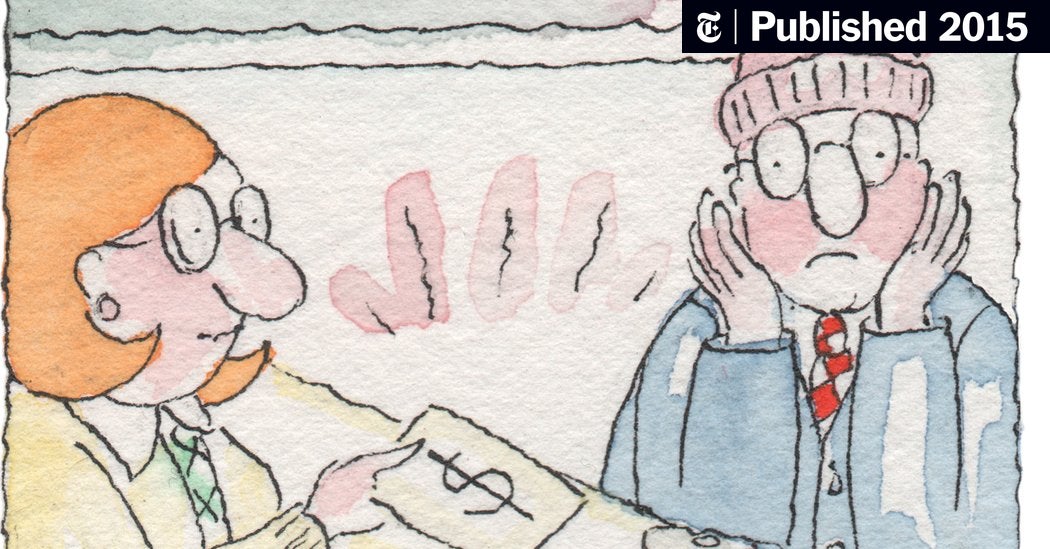As individuals traverse the journey of life, the inevitability of aging brings with it a series of health considerations that warrant profound attention. Among these, the shingles vaccine emerges as a pivotal recommendation for anyone over the age of 60. The rationale behind this protective measure is not merely rooted in statistical analysis but rather entwined in the intricate tapestry of human health and the persisting impacts of time on the immune system.
Shingles, medically referred to as herpes zoster, manifests when the varicella-zoster virus—previously responsible for chickenpox—reactivates within the nervous system. This condition is characterized by an excruciating rash and debilitating pain, symptoms that can persist long after the rash has subsided, leading to postherpetic neuralgia. The onset of shingles is significantly more prevalent in older adults, as the robustness of the immune response gradually wanes with age, making vaccination an essential bulwark against this affliction.
Recent epidemiological studies underscore the stark reality that nearly one in three individuals will develop shingles during their lifetime, with the incidence sharply increasing amongst those aged 60 and above. It is not solely the physical discomfort associated with shingles that warrants concern; the psychological ramifications are equally profound. The postherpetic neuralgia that can follow shingles may engender chronic pain conditions, leading to anxiety, depression, and diminished quality of life. Thus, the shingles vaccine serves not merely as an inoculation against disease, but as a safeguard for overall well-being.
Furthermore, the societal implications of shingles are significant. Consider a demographic increasingly characterized by longevity—where older adults contribute vital knowledge and wisdom to communities. When these individuals suffer from shingles, it is not only their immediate existence that is compromised but also their ability to engage and participate meaningfully in society. Preventative healthcare measures like the shingles vaccine honor the interconnectedness of individual and collective health.
The vaccination itself has been shown to reduce the risk of contracting shingles by more than 50%, and its efficacy is particularly pronounced when administered at an earlier age, thus maximizing its protective benefits. Health professionals advocate for discussions surrounding vaccination that traverse beyond mere numbers and delve into the lived experiences of aging individuals, urging them to consider not only their own health but the broader impact on their families and communities.
In conclusion, as the tapestry of life unfolds, the subject of vaccination transcends the realm of individual health concerns. For every person over the age of 60, receiving the shingles vaccine is an instrument of empowerment, a crucial thread spun into the fabric of aging with dignity. By taking this proactive step, individuals can reclaim their vitality and continue to contribute vibrantly to the world surrounding them, ensuring that the latter years of life are not marred by unnecessary pain and suffering.
